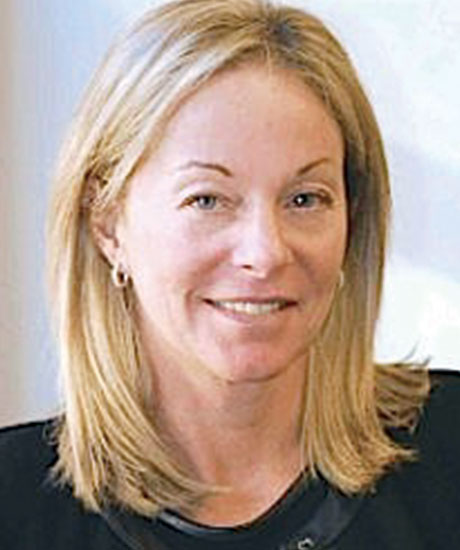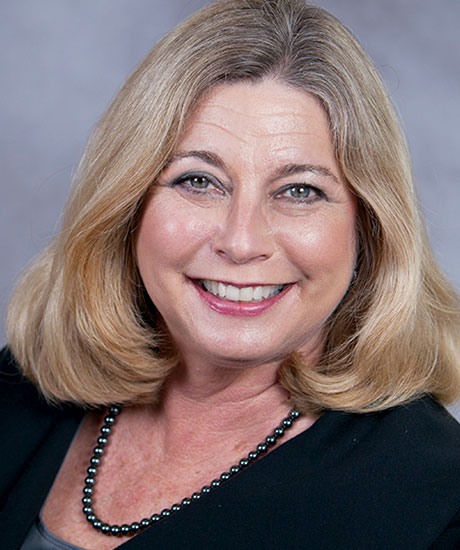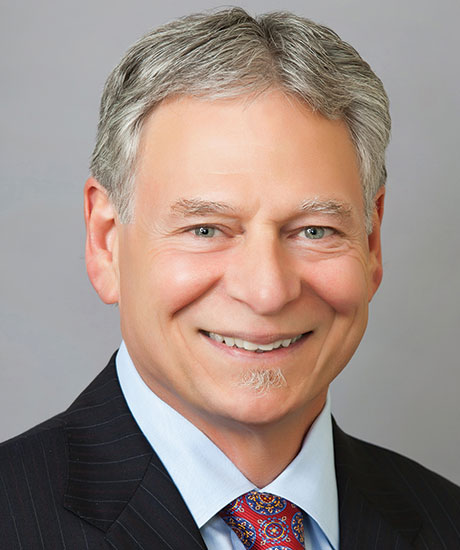


BoardWise
by Deb Dudley, Luan Burman Rivera and steve Ladd
BoardWise is a forum for board members and superintendents across the state to share questions about governance and board–superintendent relations. Send your questions to boardwise@csba.org.
This year, in addition to our column regulars, Deb Dudley and Luan Burman Rivera, we are welcoming new consultants to the column. This issue introduces Steve Ladd, Ed.D, who has been an educator for over 40 years. He most recently served as the superintendent of Elk Grove Unifi ed School District, the fi fth largest school district in California. Steve retired in 2014 and has continued to work in education as a consultant.
Public comment at board meetings
Dear BoardWise,
Our district has community members who regularly provide public comment. Not all community members are aware of the requirements for public comment and do not realize that board members may not respond to the public comment speakers. This has led to a growing community perception that because our board does not respond, we are unwilling to engage with the community. How can we communicate the requirements for public comment, clarify expectations and engage within the parameters of conducting public comment?
Luan: Great question! School board members are elected to represent their communities and to ensure that the views, wishes and beliefs of the community are represented in their schools. Public comment at board meetings is one way in which the community can express their views directly to the board.
Bylaws provide the structure in which public comment can be conducted. CSBA’s Sample Bylaw BB 9323— Meeting Conduct states, “Members of the public are encouraged to attend board meetings and to address the board concerning any item on the agenda or within the board’s jurisdiction.” In this way, public comment on agenda items are intended to help inform the board’s deliberation.
BB 9323 also allows for community members to bring forth issues not listed on the agenda and it states, “The board shall take no action or discussion on any item not appearing on the posted agenda, except as authorized by law.” In this way, public comment on non-agenda items allows constituents to inform the board about items they wish to see addressed by the district.
Public comment is a piece of information along with agenda back-up, staff reports and other background information that should help the board come to the best possible decisions on behalf of the children that they serve.
Deb: When I served as president of the board, I discovered that the public is often not aware why board members are unable to engage in a dialogue as identified by Luan in CSBA’s Sample Bylaw BB 9323. I found that we could help set community expectations by opening public comment with a clear statement such as:
“I would like to open the floor to public comment on any non-agenda items, but first I want to explain to all of you the rules that govern this area of the meeting. The Brown Act open meeting regulations under which we must operate do not allow board members to comment on any items that you may bring up that are not on our current agenda. The reason for this is simple. We want to make sure that anyone who has an opinion on an item knows, via our posted agenda, when we will be discussing it as a board. We are certainly happy that you are here to let us know your concerns, but we have to be sensitive to the fact that other members of our community might also want to comment on an item and it is not fair to them for us to discuss it when they were not aware that it was being discussed tonight. Please know that we are listening to your voices, and we will be happy to keep you posted when the item your speaking about will be on the agenda and discussed.”
This simple statement made our audience members feel at ease, and helped them to understand that we were listening.
Steve: When a community member shares an idea or a concern in public comment, this allows the board president, and possibly other members, to check the pulse of a particular issue. Even though board members are unable to respond to the public comment speaker, the governance team can establish a follow-up process that aligns with open meeting regulations and also provides parameters on how follow up can be conducted appropriately.
During the meeting, board members can discuss and determine if there is a wish for follow up to be conducted with the public comment speaker. If that is the case, when the determination is made, the board president may then ask the superintendent to meet with the speaker. The superintendent has the discretion to choose to personally conduct the follow-up, or to designate a staff person to do this.
It is through this follow-up conversation that an understanding of the speaker’s interest is gained and the superintendent is able to provide available information on behalf of the board (i.e. district policies related to the public comment topic). This meeting provides an opportunity for the speaker to be heard and to know that their feedback will be shared with the board. The superintendent then subsequently provides this feedback to the board and all trustees are aware that follow-up was conducted.
When the governance team works together in this way, it acknowledges that public input is valued and heard while staying within the requirements of how to conduct public comment. Being respectful and consistent in the approach taken by the board, with regard to public input, creates a welcoming climate.